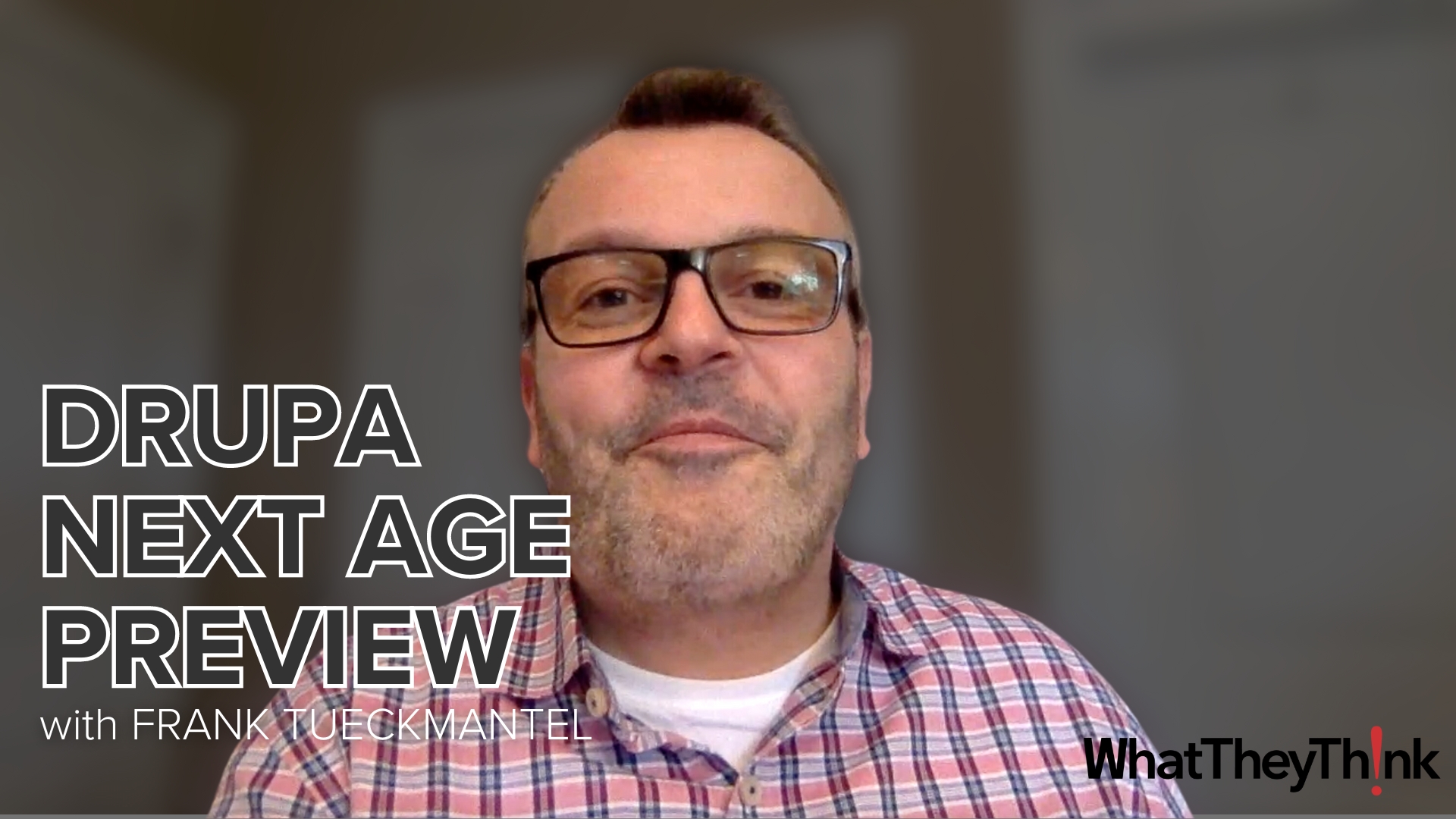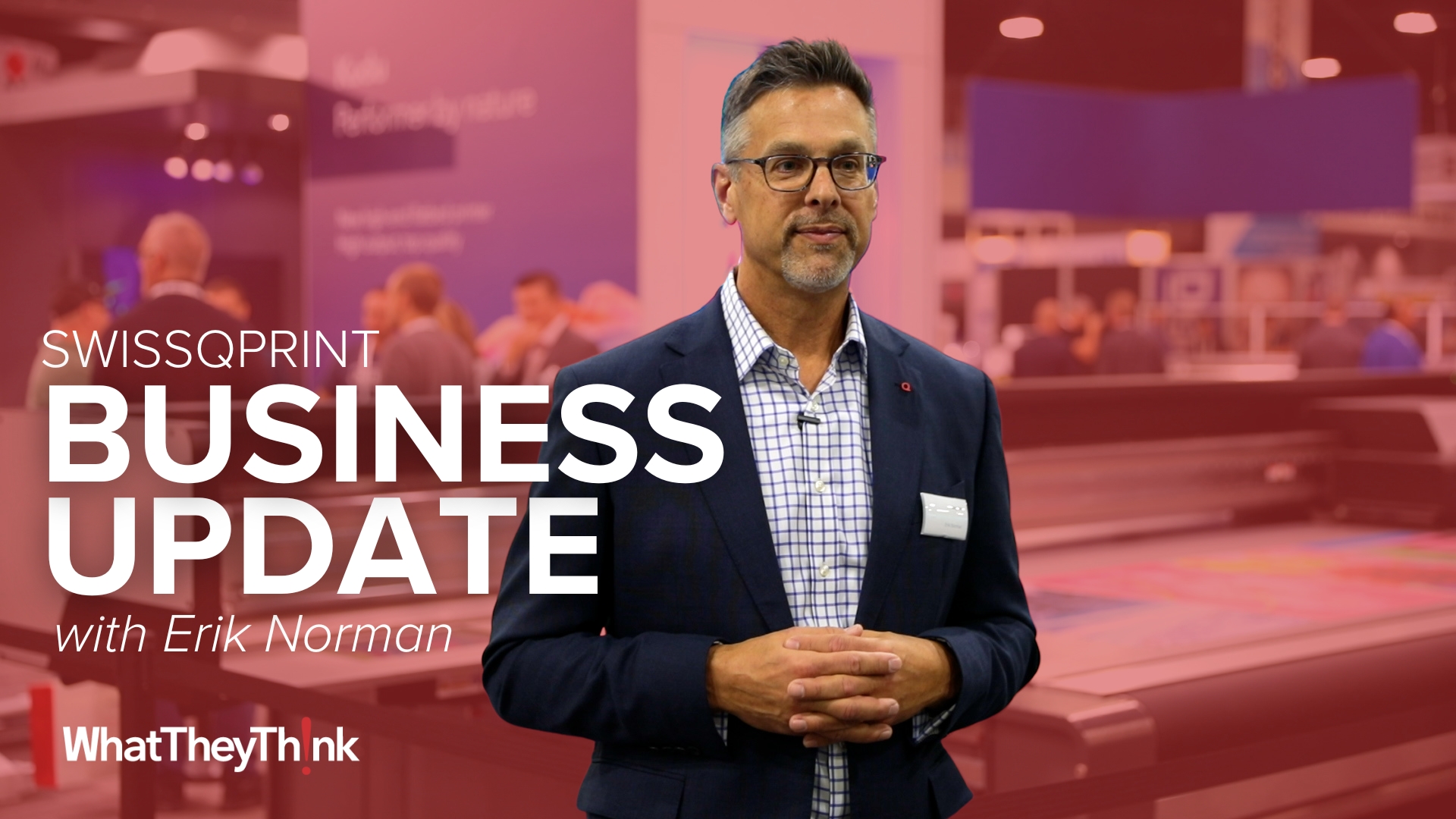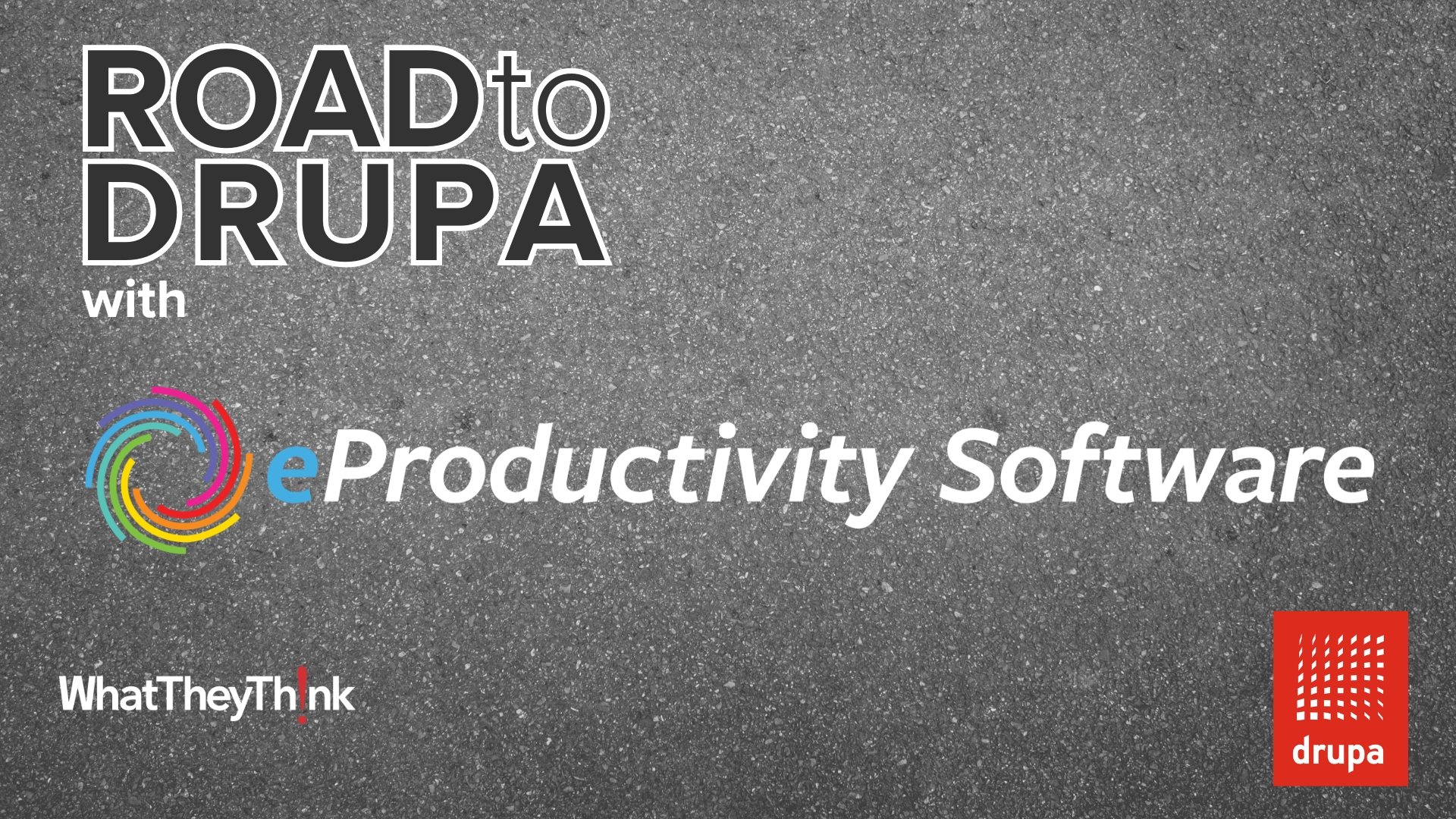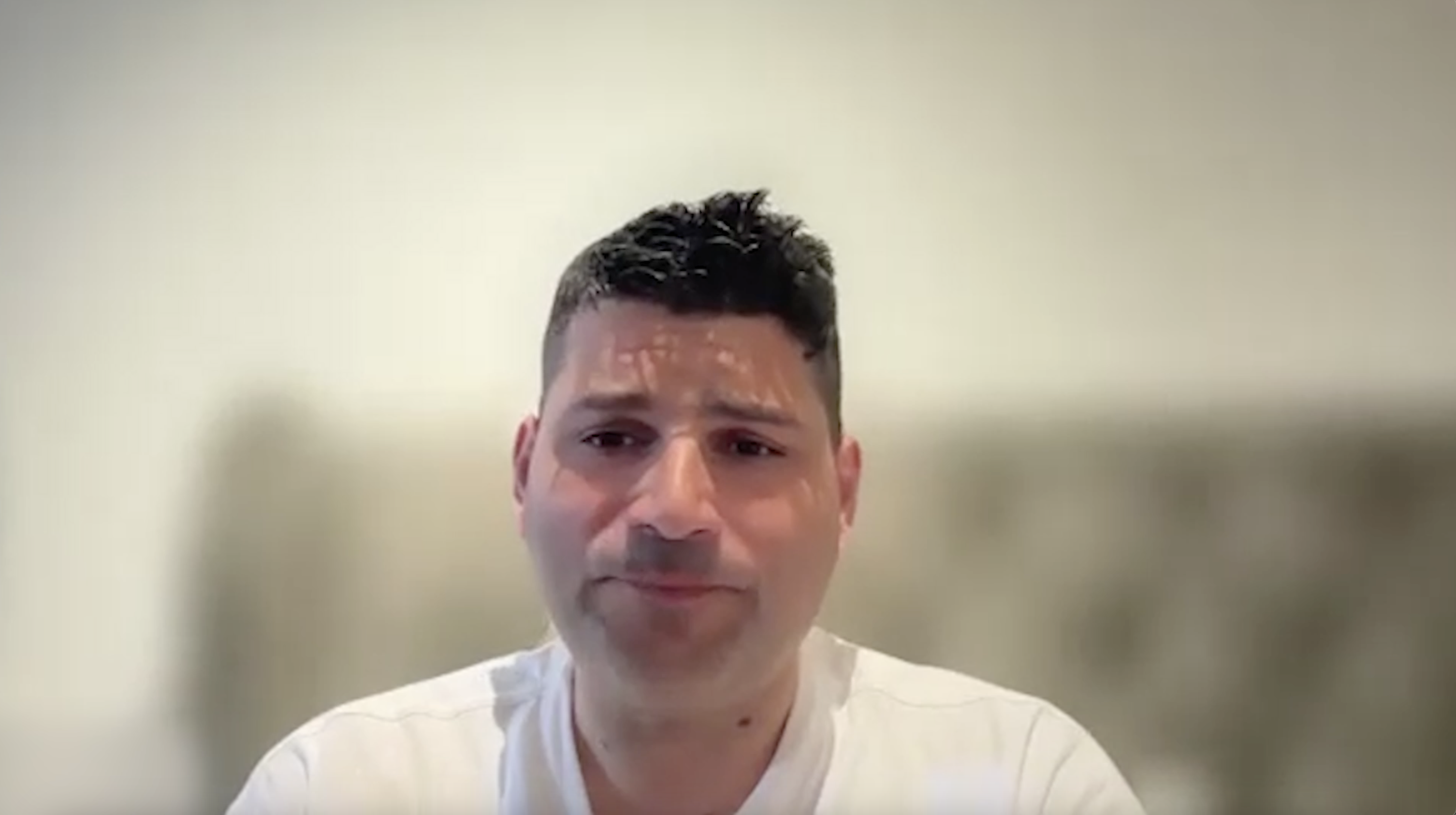Did you happen to notice when one of our top industry consultants posted a story on his Facebook page about listening in on a private conversation in a public space? In case you didn’t, both the story and the comments are worth passing along. When we are out and about, meeting with colleagues, peers, and even competitors, we are often not sufficiently cognizant of who else is around and listening. This is a mistake too many of us make, so let’s take a listen to the conversation taking place on the Facebook page of Jeff Hayzlett, chairman & CEO of the C-Suite Network, and heed the warning that so many of our grandmothers gave us: “Loose lips sink ships.”
“In Dallas and sitting having dinner in mostly a very empty hotel grill/bar with two other parties nearby. Two different companies, each talking about their customers and their companies—very openly. You can gather so much information by just listening. So many times in my career I have heard my competitors talk on the plane seats behind me or in the elevators, not knowing I was there. Loose lips sink ships.” —Jeff Hayzlett
You’ve never done this, right? (Of course not!) Nearly three dozen of Jeff’s connections quickly chimed in and shared their own stories. For example,
“I learn a ton from who is linking with someone on LinkedIn. Always shut off those notifications!” — Charles Siemonsma (CEO, FetchIt)
Here’s a thought related to Charles’ comment. LinkedIn is a great place for competitive recon, and it’s not selective about what it tracks. When you post, comment, and share, LinkedIn collects it all. When someone goes to your profile and clicks on “recent activity,” they see everything, including when you went off on that rant on your college roommate’s LinkedIn post that you thought no one in our industry would ever see. It’s out there—and the “recent activity” link makes it easy for anyone (including your boss, competitors, clients, and potential clients) to find it.
“’Do your business without others knowing your business.’ Best advice I got from a C-level executive very early in my career.” —Ivan Garcia-Hidalgo (Republican strategist and political commentator)
“Airplanes are another place where businesspeople leave their laptops up, displaying all the information for the meeting, including pricing, in full display for anyone to see. But the worst offenders are salespeople who yell while on their cellphones all the details of their deals.” —Jeremy Smith (president, Launchpad)
“I sat beside the CFO of a well-known hard disk manufacturer on a flight to Europe many years ago. She was developing an investor presentation. It said they would go bust in six months without a cash infusion. Had a similar experience with a well-known video disk recorder company. Our booked meeting room was not available, so my host brought me in to the CFO’s office, where the scribbling on the large whiteboard also told of bankruptcy if no cash infusion was received.” —Per Sjofors (founder/partner, Sjofors & Partners)
The act of intentionally snooping on other people’s laptops, phone screens, and office white boards has a name: “visual hacking” or “shoulder surfing.” While most authorized company hacks (called “penetration tests”) are designed to identify cyber-vulnerabilities, penetration tests have been done for visual hacking, as well. One security company offering privacy filters, for example, tells of a test in which a specialist posing as a temp worker went undercover in eight U.S.-based companies and managed to obtain an average of five pieces of confidential information, including customer details, financial data, contact lists, log-ins and employee information, simply by looking at people's screens and taking photos with his phone. This would never happen at your company, right?
Of course, this is written from the perspective of protecting your company from snooping. However, lots of good things can come to those who do the snooping, too.
“An excellent way to develop new competitive advantages and fill gaps in the market.” —David Buhrow (owner/founder, Hangry Dave’s)
“I actually made a huge contact on an airplane while listening to the people behind me. They were looking for a new supplier of all things, my line. I jumped right into helper mode!” —Michelle Price (sales manager, RPG Souvenirs and ambassador at Acti Labs)
Don’t assume that simply speaking another language will protect you, especially if you’re trying to sneak one past someone standing nearby. Notes Alexandra Szameit, a foreign language interpreter: “It’s even more fun when people say things about you in a different language thinking there's no way you'd understand.”
Some of the comments on Jeff Hayzlett’s Facebook page are really funny. Others, quite serious. Either way, Jeff makes a really important point. While we tend to be protective of our privacy and the handling of sensitive information inside the office, sometimes we get lax when we are outside of it, thinking that there is safety in anonymity. That’s true sometimes, but not always—and it’s those exceptions that can bite you.
Deborah Sweazey, vice president at Stroke TV Foundation, summed up the conversation well. “Absolutely...zip it.”
Do you have a story about overhearing or overseeing competitive or other sensitive information in public? Let’s hear it!










Discussion
Join the discussion Sign In or Become a Member, doing so is simple and free